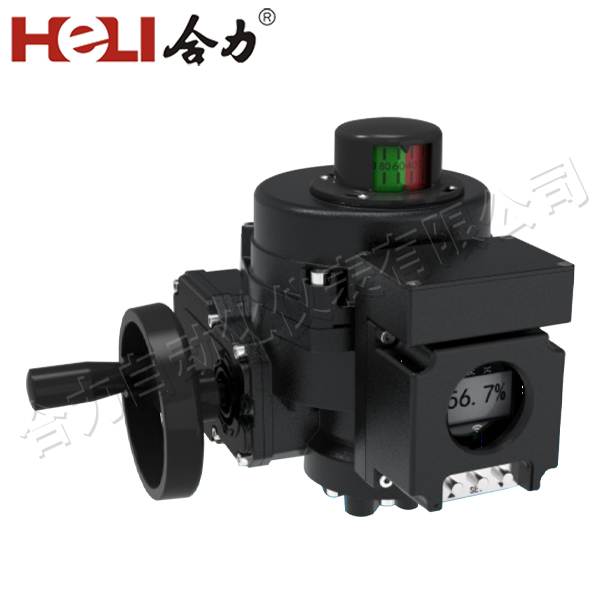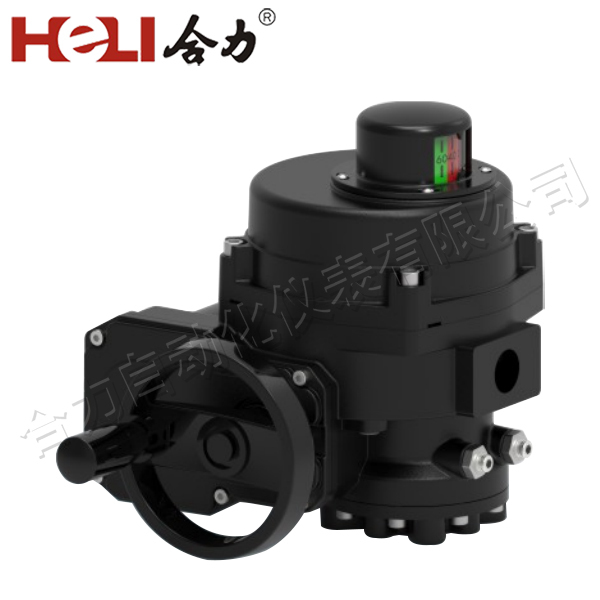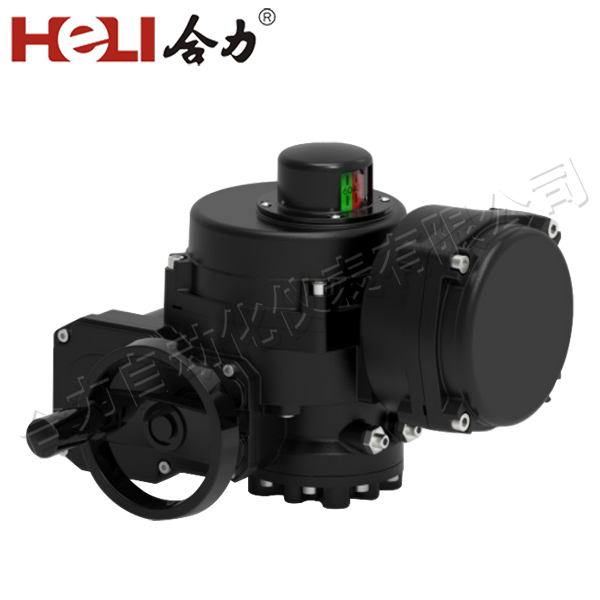Lithium battery electric actuators are becoming increasingly significant in various industrial applications, especially in the realm of automation. These actuators provide a reliable, energy-efficient solution for controlling mechanical movements in systems that require precision and flexibility. Their growing popularity is driven by advancements in lithium battery technology and the increasing demand for sustainable and reliable power sources for electric actuators. In this article, we will explore the various features, benefits, and applications of lithium battery electric actuators, shedding light on how they are revolutionizing industries.

What is a Lithium Battery Electric Actuator?

A lithium battery electric actuator is a device that converts electrical energy into mechanical motion. It typically consists of a motor, a gearbox, a controller, and a lithium-ion battery. These actuators are designed to perform precise movements, such as linear or rotary motions, with the ability to generate significant force or torque depending on the application. The lithium-ion battery is a key component that powers the actuator, offering higher energy density compared to traditional power sources such as lead-acid batteries. Electric actuators powered by lithium batteries are used in various applications, ranging from robotics to automotive systems, and even in medical devices. The integration of lithium-ion batteries with electric actuators allows for a more compact, lightweight, and efficient design, making them ideal for systems where space and weight limitations are critical.
